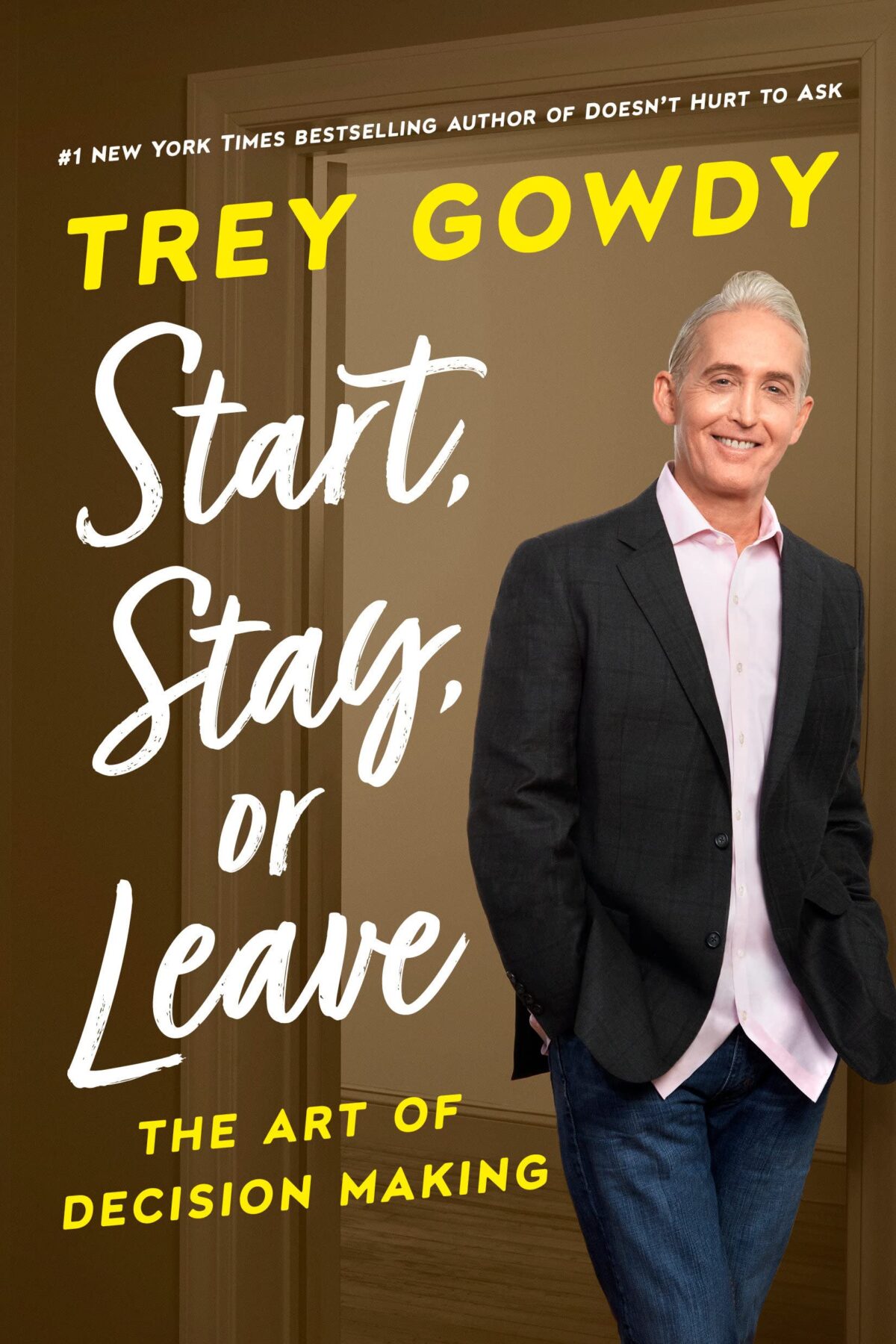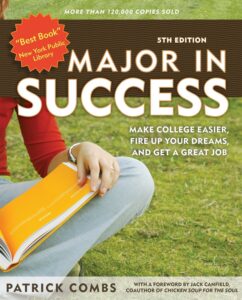Your cart is currently empty!
How to Avoid a False Start

“False start” is a term borrowed from sports—specifically from sprinting. Sprinters wait in a state of primed readiness on the blocks for the gun to fire to signal the start of the race. When a runner is over-anxious, other signals from the track (or an internal cue) will set them off. When this happens the race is stopped, and the runners ready themselves on the blocks again.
When you feel anxious or uncertain about the future of your life or the next step in your career, family, or goal, you may experience a false start. You skip ahead of yourself. Taking time off to figure out the next step is labeled wasting time. Other pressures, such as needing to provide for the family may mean you grab what comes along even it isn’t not a good fit.
And, if you fuel your expectations with have tos, ought tos, and shoulds, you may unconsciously create resistance. In fact, these phrases, common though they are, feed into fear and resistance.
The following two books are full of ideas and questions to consider as you move forward in any area of life and want to avoid a false start.
 Start, Stay, or Leave by Trey Gowdy is one of the best books about decision-making. Part memoir, and part counsel, Trey asks a number of forward-thinking questions:
Start, Stay, or Leave by Trey Gowdy is one of the best books about decision-making. Part memoir, and part counsel, Trey asks a number of forward-thinking questions:
- What are your real motivations related to the decisions you have to make?”
- “Will you be making the decision for yourself or for others”
- “What have you accomplished?”
- “How do you want to be remembered?
Best Quotes
“There is a tremendous difference between what we ‘do’ and what we ‘accomplish.’ Accomplishing something requires intent and purpose. Accomplishing something requires foresight of the ending. When we work toward accomplishing something, we have direction; if we are merely doing something, we are moving without direction, and we are more likely to get lost.
“It’s hard to pinpoint the precise moment I traded the lure of [climbing the ladder of success] for the steady assurance of a mirror. I no longer felt the need to be different or successful in the eyes of everyone else. I no longer needed a title to set me apart.
“With the mirror model, success—the definition of success and the actualization of that success—comes from within. Success is not an external monument of your achievements that you’re constantly building; rather, it is a practice of self-reflection and inner fulfillment enabling you to make decisions that echo your desired path.
“Everyone has a natural bent toward making decisions with their head (logic), their heart (emotions), or their gut (intuition. All three play an important role in our lives, and none should be minimized to the point of having no power.
“When you come to that crossroads, think about what will be best for you over the long haul, not what is best for you in the shorter term. Rushing your aspirations, hurrying your goals, and forcing your dreams into fruition comes with consequences that could very well put life’s other priorities in real jeopardy.
 Major in Success, written by Patrick Combs, is aimed at your college student who has no clue why they are in college; they just know it’s often the next step toward adulthood. Even so, it’s also great information for those of us who are transitioning into a new stage of life.
Major in Success, written by Patrick Combs, is aimed at your college student who has no clue why they are in college; they just know it’s often the next step toward adulthood. Even so, it’s also great information for those of us who are transitioning into a new stage of life.
Best Quotes
“Why are you in college? Ultimately, college will give you the opportunity to increase the quality of your life,both now and in the future. Unfortunately, a lot of students do little, if anything, to actively increase the quality of their lives while they’re in school. Many students seem to think that they won’t start improving their lives until after they graduate.
“In reality, from the day you start college your future resume and even your lifestyle has started to take shape. Moreover, you can get good grades and still not be able to get a good job.
The most dangerous way to approach college is with the idea that all you need to do is attend class and get your degree. After graduating, you’ll discover that you were paying dues to get into a club of people who missed the point.
The point is that you’re not in college to work for your professors, or your parents, or anyone else. You’re there to work for yourself and your future.
“College is a good thing to do but a college degree doesn’t necessarily result in a great job. Many college graduates struggle to find meaningful employment. That’s why there are three more steps to being successful:
- Discover what kind of work you enjoy.
- Get a clear sense of what naturally motivates you the most and then develop a picture of the jobs that suit your interests.
- Do things that get the ball rolling. You’ll have different options to choose from and you’ll see many possible routes to your dream job. Focus on what’s really important: motivation, marketable skills, abilities, resources, credentials, and your dreams.
“Benjamin Bloom, a professor at the University of Chicago, studied 120 outstanding athletes, artists, and scholars. The characteristic that they had in common was extraordinary drive. EXTRAORDINARY DRIVE COMES FROM DOING WHAT YOU ENJOY:
“Doing what you love, going with your strongest interests, and your deepest aspirations. Success in any endeavor takes work. The key to doing a lot of work is liking what you’re working on. You know that you are practicing your true vocation when you love all the hard work, responsibility, and tedium that goes with it.
“Work that is to the liking of your heart turns obligations into opportunities. It transforms chores into chances. In addition, no matter what you major in, if you can’t answer the phone, make a presentation, do a spreadsheet, or write a business letter, nobody needs you.
“Graduating without a clear picture of the kind of work you’d enjoy is like getting ready to sky dive without a parachute—you’re guaranteed a hard landing.
Want to get suggestions on books to read every week?
Sign up for our weekly newsletter providing some of our favorite books you HAVE to read!
“You can bring your passions and dreams front and center with journaling. In a diary you mostly reflect on how your day went. In journaling you mostly write about how you desire your ideal days to be. Not, “My day went like this . . .” Instead, “Ideally my days will be like this . . .” Also,
- Continually revise.
- Write when you’re inspired.
- Write when you’re reflective.
- Write when you don’t want to make the same mistake ever again.
- Think big.
- Write more from the heart than from the head.
- Spell out your dreams specifically, right down to the smallest details about what you want.
- Describe your dreams accomplished in the most successful manner possible.
- Avoid the phrases “I wish” or “I hope.” there is only “I am” and “I will be.”
“When I first started journaling, I was hard pressed to come up with answers longer than a few sentences. but once I started, there was no turning back. My mind was engaged and I began getting floods of answers at the oddest times. It is a process like this that transforms you from a person with loosely based wishes and dreams into a person with high motivation, passion, and a plan.
“It is a process like this that enables you to define who you truly are. What you journal about comes true quicker, and often, in seemingly strange and coincidental ways. Your unconscious mind has genius power to filter for, direct you to, and even attract things and resources that will help you create what you have said you want.”
Conclusion
Fear creates insecurity, lowers your confidence, and silences your heart. Learning requires mistakes. People who have reached great heights were not fearless; they learned from their mistakes.
The ones who make it are the ones who can move forward despite having fears. They become clear about what they want, thus avoiding a false start. Remember, self-discovery is a lifelong process that when done with consistency, provides focus, motivation, and joy.
